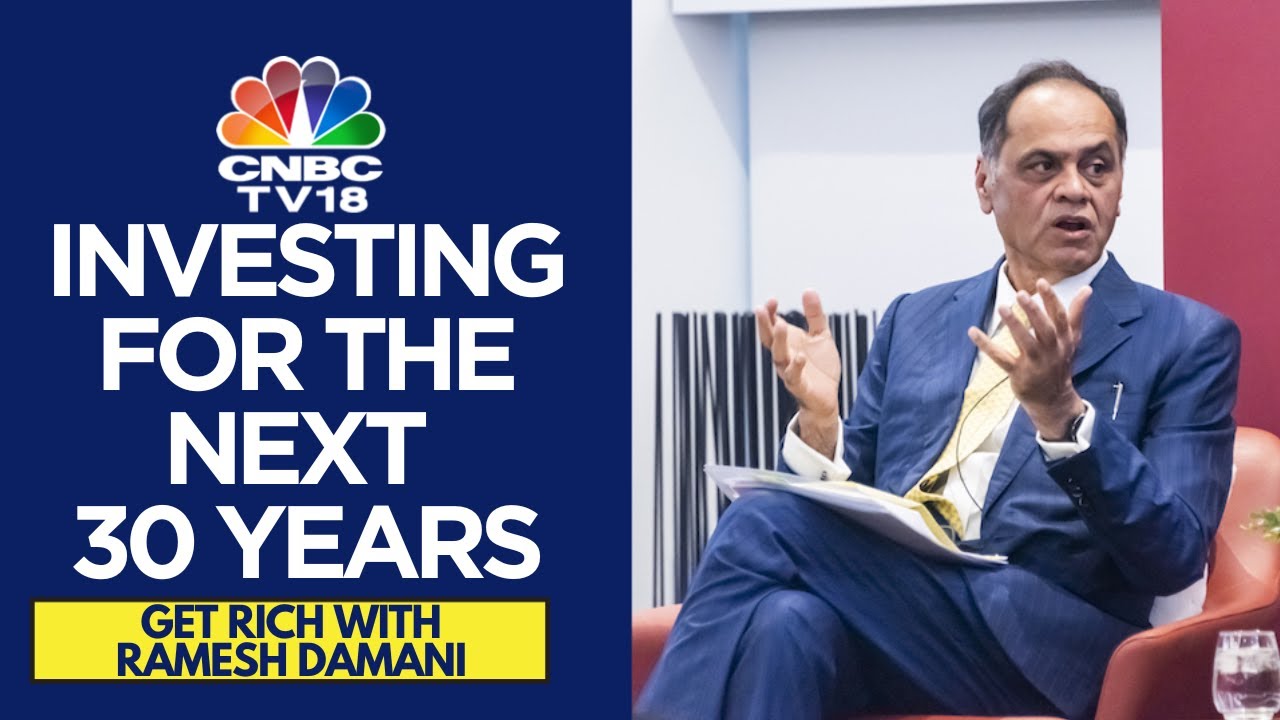A Massive RALLY underway in China Market. Should you INVEST? | Akshat Shrivastava
Summary
TLDRThis video explores China's recent stock market liberalization and its global impact. With a $100 billion bond purchase program, China is injecting liquidity into its markets, potentially boosting asset prices. The presenter discusses China's shift from real estate to stocks due to a struggling property market and the influence of US quantitative easing. He advises investors to diversify, considering China, and to hedge against inflation, which may rise due to China's easing policy.
Takeaways
- 📈 China is liberalizing its stock market with a $100 billion bond purchase program to increase liquidity and potentially boost stock prices.
- 🌐 This move is expected to have a global impact, affecting investors in India, the US, and across the world.
- 🏦 The shift in China's focus from real estate to stock markets is significant, as the real estate market has corrected post-COVID, reducing its appeal to investors.
- 🌍 The Hang Seng Index surged by 4% in a single day, indicating a major market movement that caught global attention.
- 💡 The video suggests that investors like Michael Burry are reallocating their portfolios to Chinese stocks, signaling a potential trend.
- 🔄 China's economic strategy includes strengthening its forex reserves and increasing physical gold holdings to support its quantitative easing policy.
- 🚫 China has been cautious about US influence through money printing and has taken steps to counterbalance US economic might.
- 💼 The speaker has been managing a hedge fund and shares practical insights from his travels and meetings with international investors.
- 📊 The video outlines a two-fold Chinese plan: increasing forex reserves and physical gold purchases to bolster the economy's strength.
- 💹 The potential for growth in the Chinese stock market is highlighted, with the speaker allocating 10% of his portfolio to China as a long-term bet.
- ⚠️ The video warns of the inflationary consequences of quantitative easing, advising investors to hedge their portfolios against inflation.
Q & A
Why is China liberalizing its stock market?
-China is liberalizing its stock market to counter the growing power of the US and to provide an investment option for its rich citizens after the real estate market corrected.
What is the significance of the Hang Seng Index's 4% rise in a single day?
-The Hang Seng Index's 4% rise indicates a significant market movement, which is attributed to China's new quantitative easing policy aimed at liberalizing its stock markets.
Why are investors like Michael Burry pivoting their portfolios to Chinese stocks?
-Investors like Michael Burry might be pivoting to Chinese stocks due to the potential for growth as China adopts a new quantitative easing policy and opens up its stock market.
What is the new quantitative easing policy that China is adopting?
-China has instituted a $100 billion bond purchase program to add liquidity to the market, which is similar to the quantitative easing policies adopted by the US.
Why is China's focus shifting from real estate to stock markets?
-China's focus is shifting from real estate to stock markets because the real estate market has corrected post-COVID, and the government is looking to provide alternative investment options.
How will China's new policy impact global investors?
-China's new policy will likely increase liquidity and potentially push up stock prices, which could have a positive impact on global investors, especially those in India and the US.
What percentage of the Chinese economy is dependent on real estate?
-Almost 30% of the Chinese economy is dependent on real estate.
Why did China initially oppose the US's quantitative easing policy?
-China initially opposed the US's quantitative easing policy because it did not want to lose control over its companies and accumulate external debt from the influx of US-printed money.
How has China been building its balance sheet to support its own quantitative easing?
-China has been building its balance sheet by rapidly increasing its forex reserves and buying physical gold to show economic strength and support its new quantitative easing policy.
What is the potential impact of China's quantitative easing on inflation globally?
-China's quantitative easing could lead to increased inflation globally, similar to the impact of the US's policy, affecting countries like India more significantly.
What steps is the speaker taking in response to China's new policy?
-The speaker is building positions in the Chinese market, diverting roughly 10% of his portfolio to China, and advocating for diversity in investment.
Outlines

Esta sección está disponible solo para usuarios con suscripción. Por favor, mejora tu plan para acceder a esta parte.
Mejorar ahoraMindmap

Esta sección está disponible solo para usuarios con suscripción. Por favor, mejora tu plan para acceder a esta parte.
Mejorar ahoraKeywords

Esta sección está disponible solo para usuarios con suscripción. Por favor, mejora tu plan para acceder a esta parte.
Mejorar ahoraHighlights

Esta sección está disponible solo para usuarios con suscripción. Por favor, mejora tu plan para acceder a esta parte.
Mejorar ahoraTranscripts

Esta sección está disponible solo para usuarios con suscripción. Por favor, mejora tu plan para acceder a esta parte.
Mejorar ahoraVer Más Videos Relacionados

बाजार अचानक CRASH क्यों हुआ?😭🔴 Why SENSEX NIFTY DOWN TODAY⚫ STOCK MARKET CRASHED REASON🔴 CHINA SMKC

**China JUST Emergency Bailed Out Stocks & Real Estate!!!**

前有穆迪,後有惠譽,中國主權信用評級展望再次被下調!中國失敗的財政政策是主因!|米國路邊社 [20240410#547]

"SEBI" Meeting Outcome & RBI Report" Pre-Market Report - Nifty & Bank Nifty 01 Oct 2024 Range

China's EMERGENCY Bailout of Stocks and Real Estate EXPOSED!

Ramesh Damani on India's Path to Becoming the 3rd Largest Economy: Nifty to Hit 5 Lakh in 10-15 Yrs
5.0 / 5 (0 votes)
